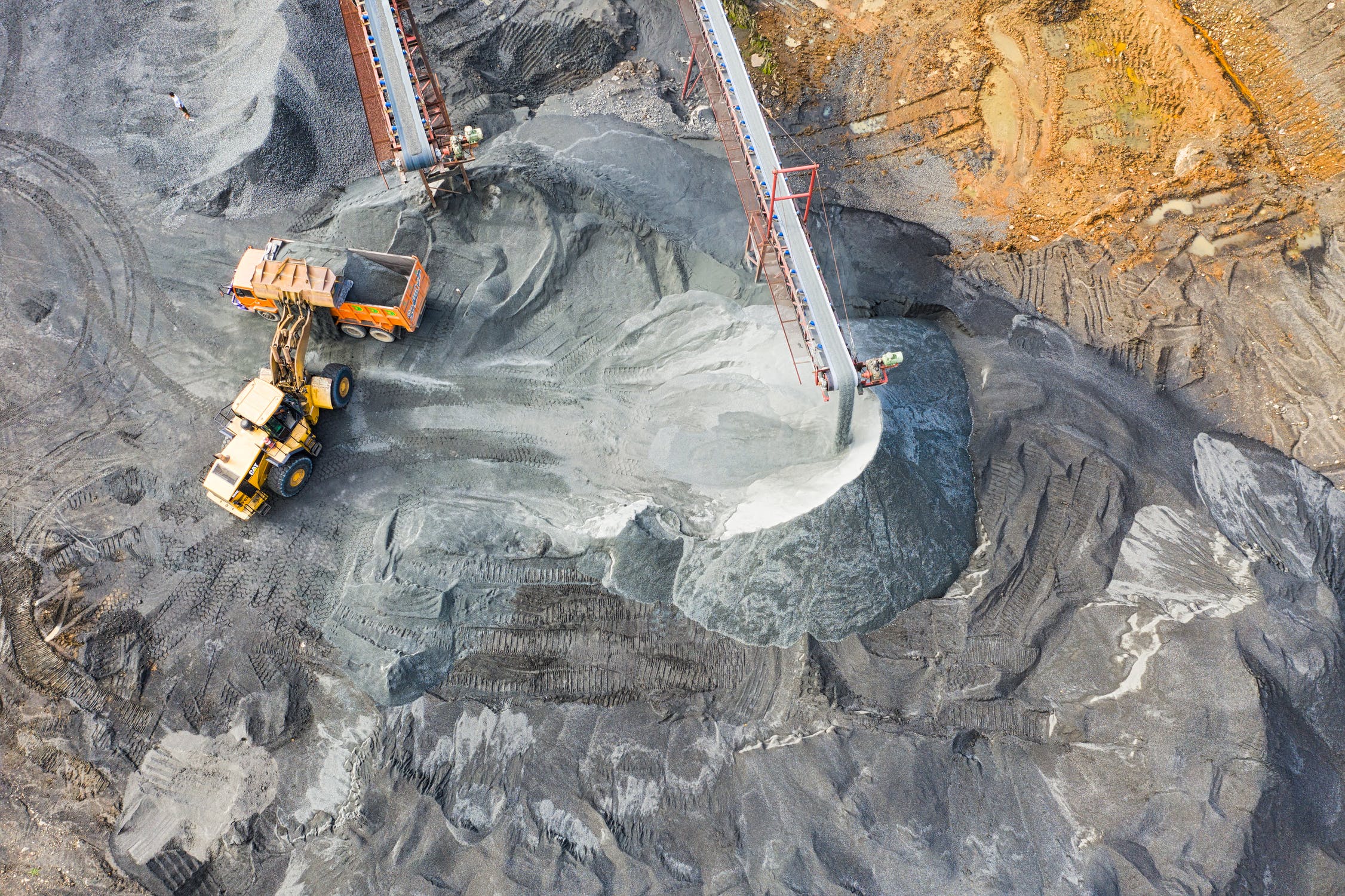
The aim of this project is to develop a methodology for quantifying direct and indirect GHG emissions that is homogeneous for all healthcare and social services institutions, adapted to their context, scientifically robust and easily operational.
TOTAL mandated the CIRAIG to establish and compare the life cycle GHG emissions of natural gas and coal from different sources (conventional and unconventional) and geographical contexts in order to produce electricity in Europe and Asia.

Numerous studies have shown that natural gas, even from unconventional sources, should be preferable to coal with regards to the amount of greenhouse gases (GHG) it emits when used to produce electricity. However, it has also been shown that, in certain particular situations, the coal may emit less GHGs than natural gas. Considering that results from past studies are dependent on their underlying assumptions and are only representative of the specific geographical context to which they apply, TOTAL wishes to ascertain the life cycle GHG emissions from some of their activities (or those of their partners) from the extraction to electricity production.
Therefore, TOTAL mandated the CIRAIG to: “Establish and compare the life cycle GHG emissions of natural gas and coal from different sources (conventional and unconventional) and geographical contexts in order to produce electricity in Europe and Asia.”

The aim of this project is to develop a methodology for quantifying direct and indirect GHG emissions that is homogeneous for all healthcare and social services institutions, adapted to their context, scientifically robust and easily operational.

Regioinvent is a Python module that connects ecoinvent to an international trade database (BACI) to ultimately achieve a complete regionalization of the ecoinvent database.

IMPACT World+ is a globally regionalized method for life cycle impact assessment (LCIA).
Privacy Policy | Cookie Policy | Manage consent
© CIRAIG 2022 – 3333 ch. Queen Mary, Montreal, QC